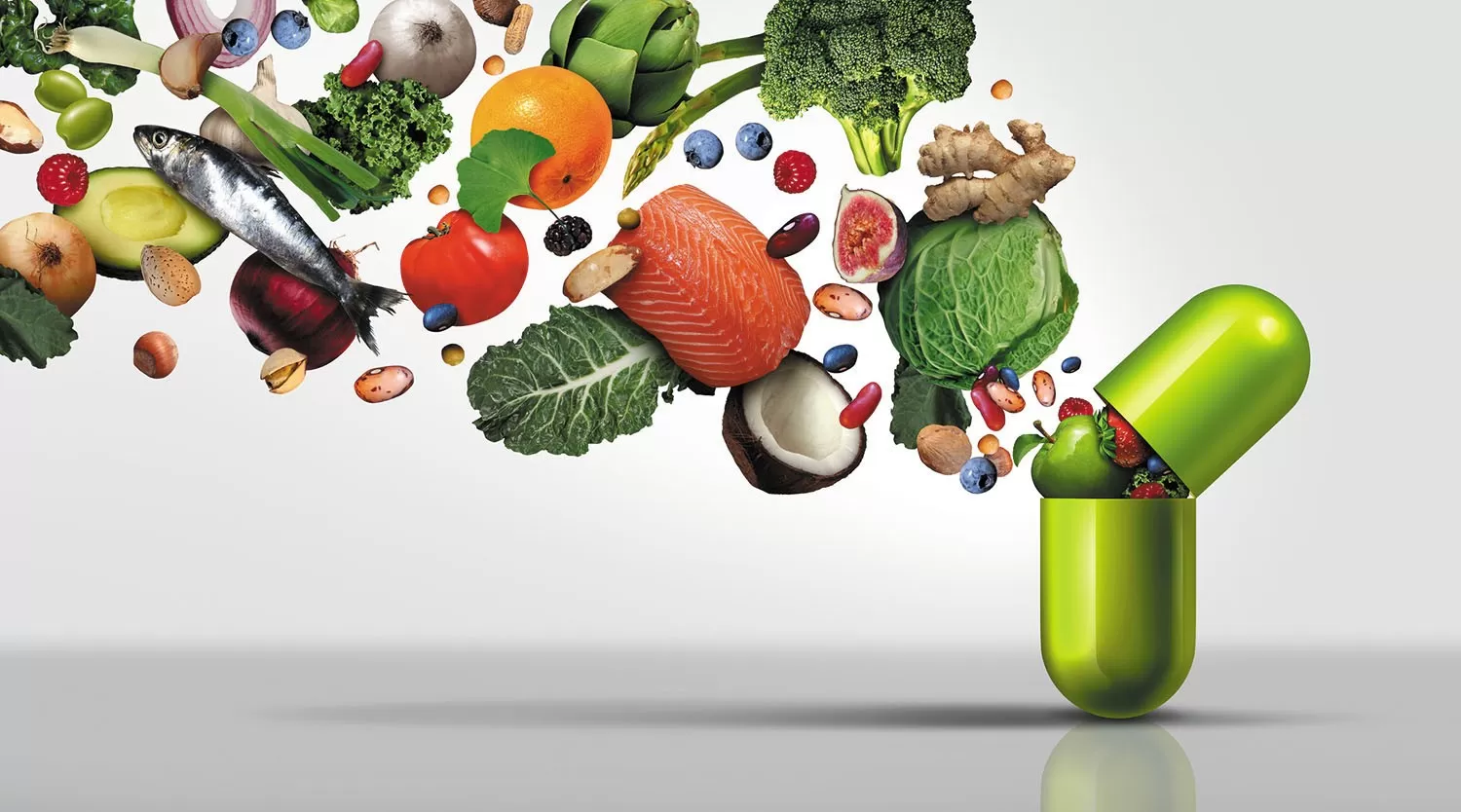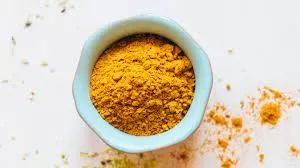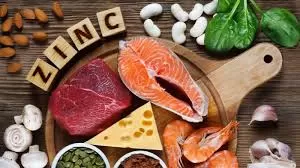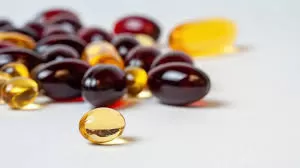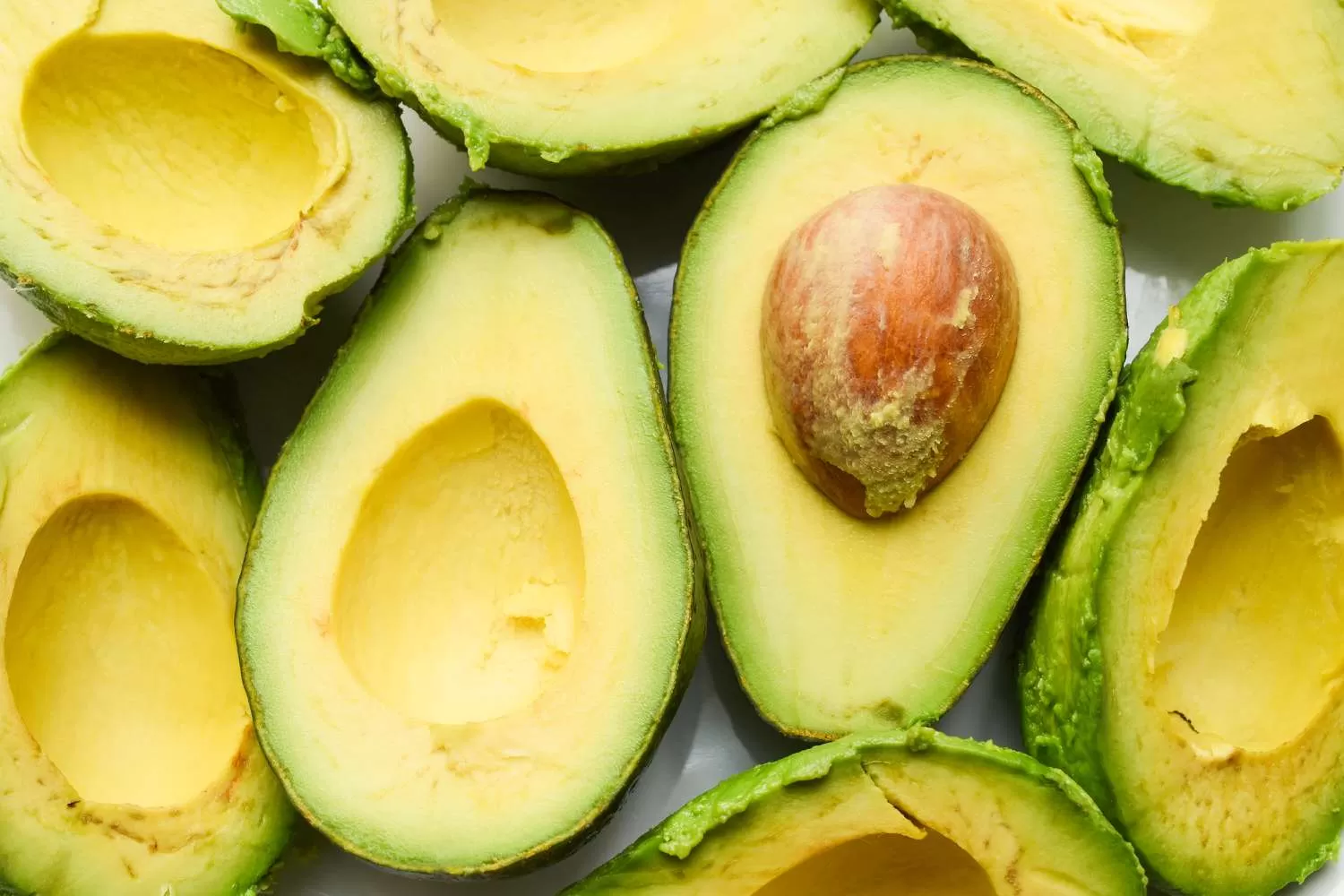- 0086-571-85302990
- sales@greenskybio.com
Ginger: A Promising Ally for Heart Health
2025-05-24
For centuries, ginger has been revered for its ability to alleviate digestion issues and nausea, whether consumed in tea, stir-fry, or as a supplement. Now, emerging research suggests this potent root may play a crucial role in enhancing heart health.
A comprehensive analysis indicates that ginger may assist in lowering blood pressure, decreasing "bad" LDL cholesterol and triglycerides, and mitigating inflammation—collective risk factors for cardiovascular disease.
Potential to Lower Blood Pressure
The review published in Cureus reveals that ginger supplements can significantly reduce systolic blood pressure. Elevated systolic levels strain the heart and blood vessels, heightening the risk of heart disease and stroke. Ginger’s active compounds may imitate the effects of calcium channel blockers, promoting relaxation of blood vessels and lowering blood pressure, explains Liz Weinandy, MPH, RDN, LD, from The Ohio State University Wexner Medical Center.
Cholesterol and Triglyceride Reduction
Ginger shows promise in reducing artery-clogging LDL cholesterol and triglycerides, crucial for preventing heart disease. In one study, obese individuals who took metformin and ginger experienced notable cholesterol improvements, attributed to ginger’s polyphenols and flavonoids, which potentially inhibit cholesterol formation, according to Lindsay Malone, MS, RDN, LD, from Case Western Reserve University.
Anti-Inflammatory Benefits
Chronic inflammation fuels heart disease progression. Ginger's phenolic constituents—gingerols, shogaols, and paradols—exhibit strong anti-inflammatory properties. A study highlighted in the review found that a three-month regimen of ginger consumption cut down inflammation levels substantially.
A Shield Against Atherosclerosis
Ginger's antioxidant prowess, as noted by Malone, provides protective benefits against cellular damage from free radicals that lead to atherosclerosis—plaque accumulation in arteries that precipitates heart attacks and strokes.
Blood Sugar Level Management
Ginger’s role in managing blood sugar, especially in type 2 diabetes, has been noted. Its component, 6-gingerol, aids glucose absorption in muscle cells, enhancing insulin sensitivity and lowering blood sugar levels. Participants with type 2 diabetes in a study saw improved fasting blood sugar, insulin, and HbA1c levels with ginger supplementation.
Incorporating Ginger into Your Diet
While ginger's potential heart health benefits are encouraging, it's important to consider the variability in study dosages, duration, and forms (powders, extracts, capsules), advises Nyree Dardarian, EdD, from Drexel University. Despite these limitations, integrating ginger into daily routines through fresh or powdered forms in recipes and smoothies may be beneficial.
Consult a healthcare provider before starting ginger supplements, especially if you have existing health conditions or are on medication. Remember, ginger complements but does not replace an overall healthy lifestyle, emphasizes Dardarian.
-
Goldenseal: A Historic Herbal Remedy at Risk
2025-05-24





